Although not verified that Fred Trump was a member of the KKK, according to a New York Times from June 1927 he was arrested at a KKK rally and subsequently arraigned in Queens, New York. 1
Donald Trump disputes this. 2
Scrutify: To pull apart, inspect, study, analyze. examine.
by The Staff
by The Staff

Right now, companies that do business with Fox News are financially supporting bigotry, dangerous lies, and harmful conspiracy theories. Since the network is a propaganda operation, these companies are also financially supporting and enabling Trump’s politics. [1]
Your choice!
by The Staff
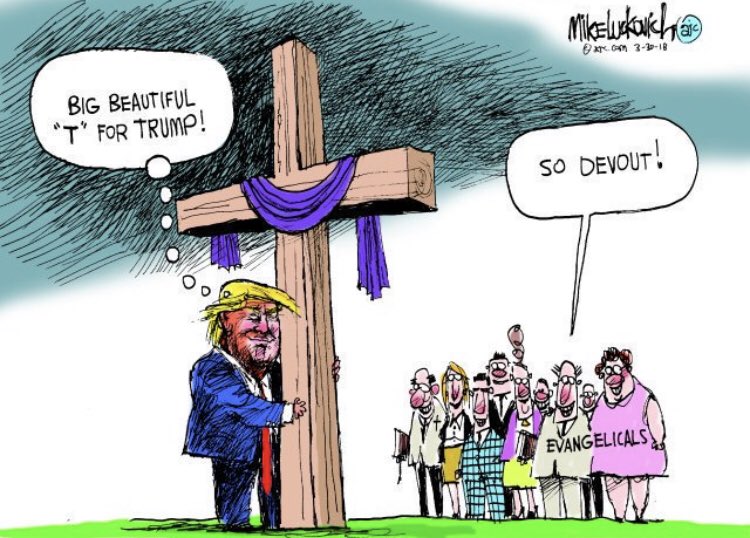
Trump is seen hugging the cross because it’s a “Big Beautiful ‘T’ for Trump” while evangelicals look on crying “So Devout!” in this Easter 2018 political cartoon.
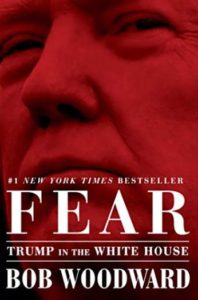
With authoritative reporting honed through eight presidencies from Nixon to Obama, author Bob Woodward reveals in unprecedented detail the harrowing life inside President Donald Trump’s White House and precisely how he makes decisions on major foreign and domestic policies. Woodward draws from hundreds of hours of interviews with firsthand sources, meeting notes, personal diaries, files and documents. The focus is on the explosive debates and the decision-making in the Oval Office, the Situation Room, Air Force One and the White House residence.
Fear is the most intimate portrait of a sitting president ever published during the president’s first years in office.
by The Staff
The New York Daily News seems to have hit the jackpot with this one. Bare chested Putin with sloppily dressed Trump shooting Uncle Sam down Fifth Avenue.
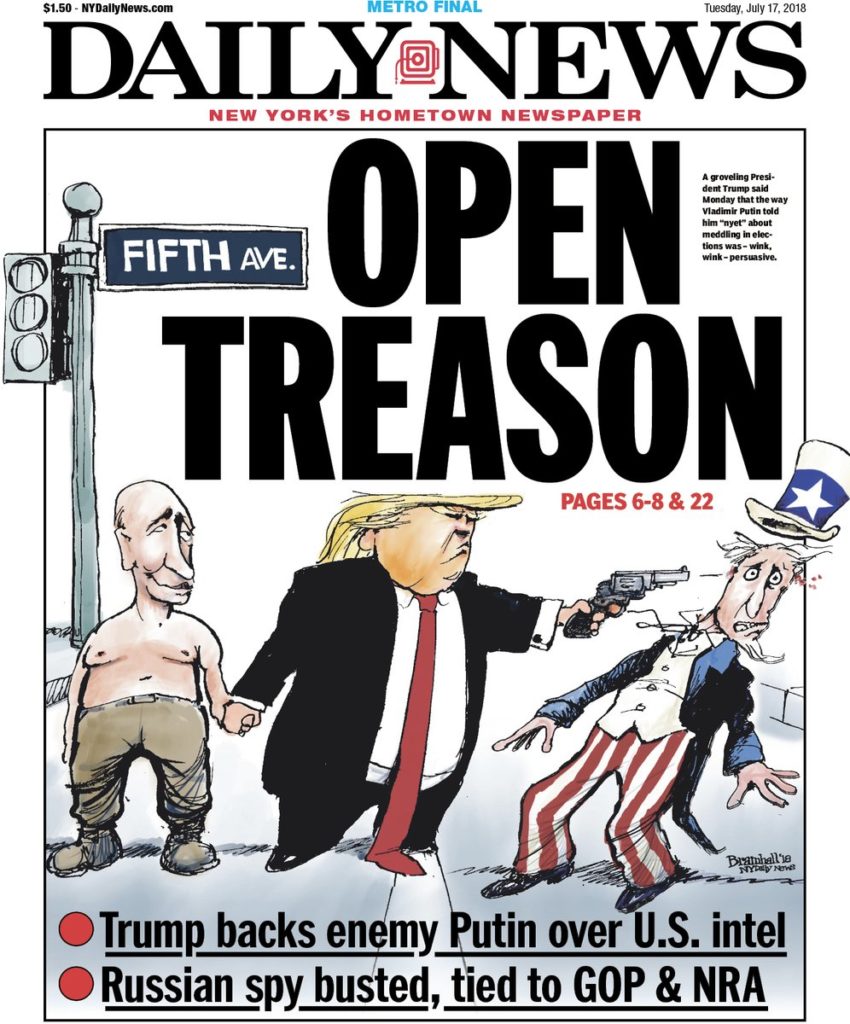
by The Staff
Prisoner of War: The Story of White Boy Rick and the War on Drugs began with one of those out-of-the-blue phone calls. It was a late afternoon in 2014 when spring was giving way to summer. I live in balmy, sunny Southern California where the seasons are often difficult to discern.
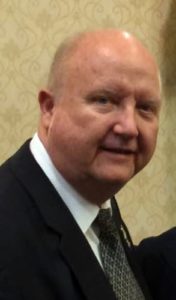
Before I could place the voice, my caller identified himself. Gregg Schwarz, retired FBI agent who had worked narcotics in Detroit when I was a crime beat reporter there.
I had not spoken to Gregg in a long time. After the usual, ‘Hey. How ya been?’ exchange, Schwarz stated the reason for his call.
“Do you remember White Boy Rick Wershe? He asked. “Well, yeah, vaguely,” I replied. He was a drug figure from the late 1980s. “Why?”
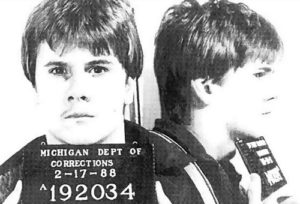
Schwarz explained Wershe was still in prison after being sentenced in 1988 at the age of 18. Schwarz said White Boy Rick Wershe had been a helpful and important confidential informant for the FBI and he, Schwarz, was on a mission to get him out of prison. I did not know about Wershe’s role as an FBI snitch. Most people didn’t. In the Detroit media, he was routinely—and falsely—described over the years as a drug kingpin or dope lord. The journalistic smear went on for years, as explained in the book.
Schwarz wanted to know if I had a DVD copy of a series of TV investigative reports I did in 1989 called “Who Killed Damion Lucas?”
A TV Report on a Killing White Boy Rick Knew About
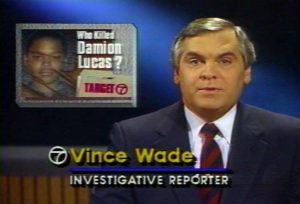
It was a series that exposed police corruption in the handling of the murder of a 13-year old Detroit boy. Damion Lucas had been killed inadvertently by members of the Johnny Curry drug gang. They shot up the boy’s uncle’s house in an attempt to frighten the uncle in to paying money he owed in a drug dispute. The uncle wasn’t home at the time of the shooting, but his nephews were there, alone as bullets from automatic weapons tore through the front of the house. Damion died on the kitchen floor while Frankie, his terrified 11-year old brother, frantically begged a 911 operator for help.
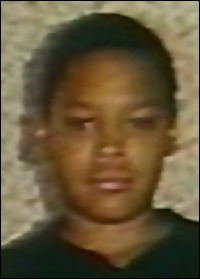
My series showed how the FBI tried to point the Detroit Police investigation in the right direction based on secret wiretap information they had gathered, but the cops were determined to avoid questioning or charging the Curry gang because Johnny Curry, the leader, was married to the niece of Detroit’s powerful mayor, Coleman Young.
Unknown to me at the time of the series, White Boy Rick had provided vital intelligence to the FBI about the gang’s involvement in the killing.
That initial phone call piqued my reporter’s curiosity. Schwarz and I spoke again. And again. Before long, I was hooked. I had to know more about this sad, bizarre story I had worked on for months in 1988. And I had to know more about White Boy Rick.
I reached out to Rick Wershe in prison. In response to a letter, he said he would be willing to help me by telling me the details of his story. Soon we were corresponding regularly and talking by phone and I was reaching out to key people who knew things about the War on Drugs in Detroit in the 1980s and White Boy Rick’s part in it.
Blogging to Help Rick Win His Freedom
By the spring of 2015 I was writing regular columns for Informant America, a blog I developed about the travails of White Boy Rick Wershe. About that same time, I realized this crazy story ought to be told in a book.
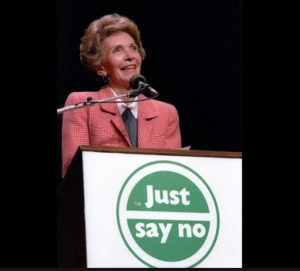
I also realized his story was part of the bigger story of the colossal policy failure we call the War on Drugs; a trillion-dollar struggle that’s lasted nearly half a century. I decided Rick Wershe Jr. would be the central figure in a book about a war this country hasn’t won and has no hope of winning.
Prisoner of War: The Story of White Boy Rick and the War on Drugs is the result of several years of extensive research. I did interviews with Rick Wershe and others. I traveled to Detroit several times and spent days researching and copying court records, trial transcripts and police investigative files. I filed numerous Freedom of Information Act requests with federal and state law enforcement for documents related to Richard J. Wershe, Jr. The history of the War on Drugs is recounted and decades of failed policy initiatives, such as First Lady Nancy Reagan’s ludicrous Just Say No campaign, are noted.
It’s all in a book I hope you will find interesting, one you will recommend to your friends.
by The Staff
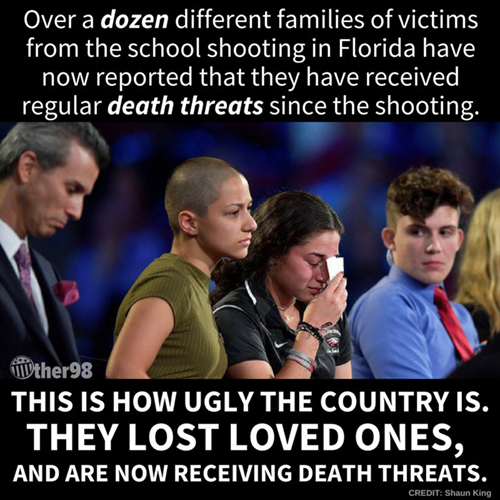
by The Staff
Her encouragement allowed @GusKenworthy to become an Olympian. #LoveOverBias Find out more: https://t.co/YnHJ7fgYaO pic.twitter.com/CveRqnhPo3
— P&G everyday™ (@PGeveryday) January 19, 2018
Gus Kenworthy @Guskenworthy
by The Staff
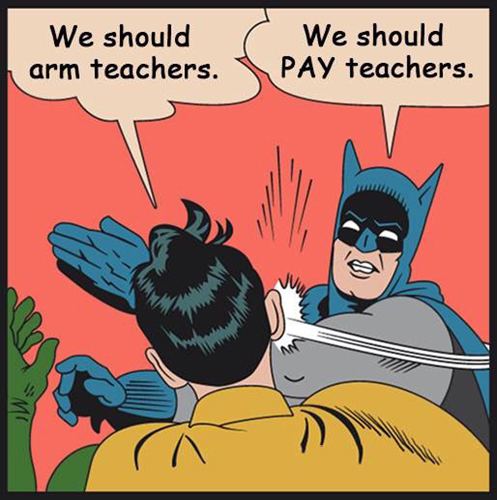
by The Staff
Washington Gov. Jay Inslee (D) criticized President Trump’s focus on arming teachers on Feb. 26, saying that teachers “don’t want to do that.” [1] Body language tells it all.
Gov. Rick Scott (R-Fla.) would rather increase law enforcement presence in schools as opposed to arming teachers with firearms. (Reuters)
References:
by The Staff

“You don’t know until you test it, but I think — I really believe I’d run in there, even if I didn’t have a weapon,” Trump said, telling the assembled governors at a recent gathering at the White House. [1]
But he will do this with bone spurs? [2] … and NO military training?
President Trump’s assertion that he would have run toward the Parkland, Fla., gunman had he been near the school would have been a bold claim for just about anybody to make. [3]
References: